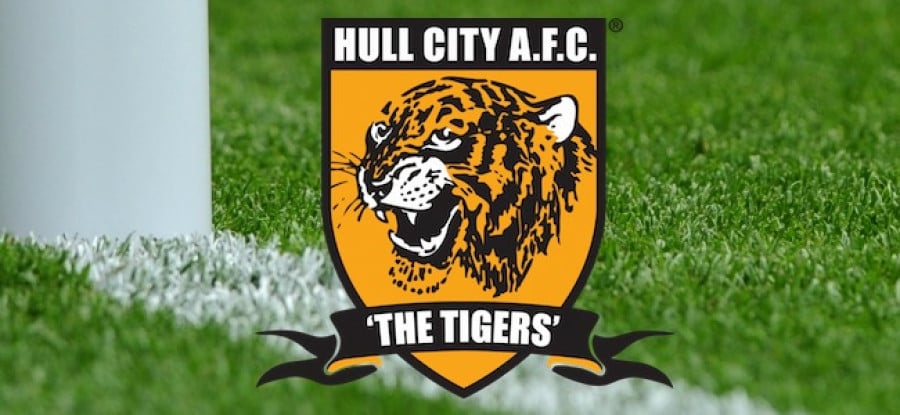Hull City Tigers v The FA - the importance of procedural fairness

Hull City (the “Club”) have been successful in quashing the high profile decision of The FA Council1 to refuse its application to change the Club’s playing name to Hull Tigers, following a unanimous decision of an FA Rule K Arbitral Panel (the Right Hon. Sir Stanley Burnton, Chairman, Tim Kerr QC and Nicholas Stewart QC). The decision is available to download here (and all paragraph references that follow are to the decision).2
The decision represents a landmark development in the legal control of sporting bodies as it confirms that such bodies are not immune from the fundamental requirements of procedural fairness even though they shall often be awarded a substantial margin of appreciation when performing their regulatory activities. It also demonstrates the fact that fairness will, in some cases, place limits on the extent to which individuals who represent other interest groups within the sport in question can blindly follow the policies and views of the body that they represent.
Grounds of challenge
The Club challenged the decision of The FA (made under Rule A 3(l) of the Rules and Regulations3) not to allow its application to change its playing name4 from Hull City to Hull Tigers at the start of the 2014-2015 football season on various grounds, including a number of challenges on grounds of procedural irregularity. In particular the Club claimed The FA’s exercise of discretion should be set aside on grounds of procedural unfairness, bias and breach of natural justice and/or a failure to comply with its own rule as to the exercise of its discretion.
In keeping with well-established principles, the proceedings did not involve a challenge to the merits of The FA’s decision, but to the fairness of the process by which that decision was reached. The Arbitral Panel exercised the same type of supervisory jurisdiction over The FA that the Court would in considering an application for judicial review against a public authority, and the parties agreed that was the appropriate standard of review following Bradley v The Jockey Club.5
The FA’s decision was taken by its governing body, The FA Council, which is made up of over 100 delegates.6 However, their decision was based on the unanimous recommendation of the Membership Committee, consisting of only 12 members. One of the members of that committee, Dr Clarke, was the Chair of the Football Supporters Association. Before the decision was made Dr Clarke had publically and vocally opposed the Club’s application to change its name, including a robust address to the “City Till We Die” pressure group. He stated that his view was that a club should not be allowed by The FA to change its name unless it could be “clearly demonstrated by a robust process that the majority of its supporters wanted that to happen” (see paragraph 65 of the decision).
To continue reading or watching login or register here
Already a member? Sign in
Get access to all of the expert analysis and commentary at LawInSport including articles, webinars, conference videos and podcast transcripts. Find out more here.
- Tags: England | FA Rules and Regulations of the Association Season 2014-2015 | FA Rules of Association | Football | Governance | Regulation | The FA | United Kingdom (UK)
Related Articles
- The vanishing Tiger - What’s in a name?
- Protecting English football’s heritage: Hull City v Hull Tigers - Entry A
- A guide to the FA’s Regulations on Working With Intermediaries
- Does the FA strike the right balance on players’ and managers’ media comments?
Written by
Nicholas Randall QC
Nicholas Randall QC practises in the areas of employment, sports and pensions law and he is recognised by both of the principal legal directories as a leading practitioner in all three of these fields.
Nick De Marco KC
Nick is rated a leading silk in Sports Law and is a member of Blackstone Chambers.
He has advised and acted for a number of sports governing bodies, athletes, most Premier League football clubs and many world-class football players in commercial and regulatory disputes.


 Global Summit 2024
Global Summit 2024